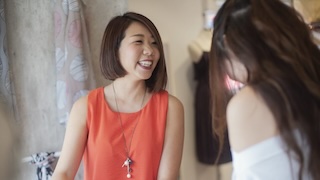May 11 (Business Mirror) - Wearing a white tank top inside a foggy greenhouse at his farm in Otofuke on the island of Hokkaido in Japan, Hiroyuki Nakagawa plucks ripened mangoes ready to be packed and shipped.
Outside the temperature is a freezing -8C on a clear December day, but inside the greenhouse the thermometer clocks in around 36C.
Nakagawa has been growing mangoes in the snowy Tokachi region of Japan’s northernmost island since 2011. He sells them for as much as $230 each. He never thought an experiment in sustainable farming would one day yield the world’s most expensive mangoes.
Nakagawa switched to mango cultivation following years in the oil business, where surging prices convinced him of the need to look beyond fossil fuels. Under the guidance of another mango farmer from the southern prefecture of Miyazaki, who claimed it was feasible to grow the fruit in winter months, Nakagawa founded his farm and established his startup Noraworks Japan. A few years later he trademarked his mango brand as Hakugin no Taiyo, which translates to “Sun in the Snow.”
Nakagawa’s secret is using the two natural resources his homeland of Hokkaido is famous for—snow and onsen hot springs. He stores snow from the winter months and uses it in the summer to cool his greenhouses, tricking the fruits into delaying blooming. Then in the winter he uses natural hot springs to warm the greenhouse and harvest roughly 5,000 mangoes out of season.
The process allows the mangoes to ripen during the cooler months when few insects are around, which means no use of pesticides. Hokkaido’s low-humidity climate also reduces the need for mold-removing chemicals. Plus, harvesting in the winter—when farmers have less work—allows better access to labor at a time when Japan faces a worker shortage, particularly in rural areas. ...continue reading















